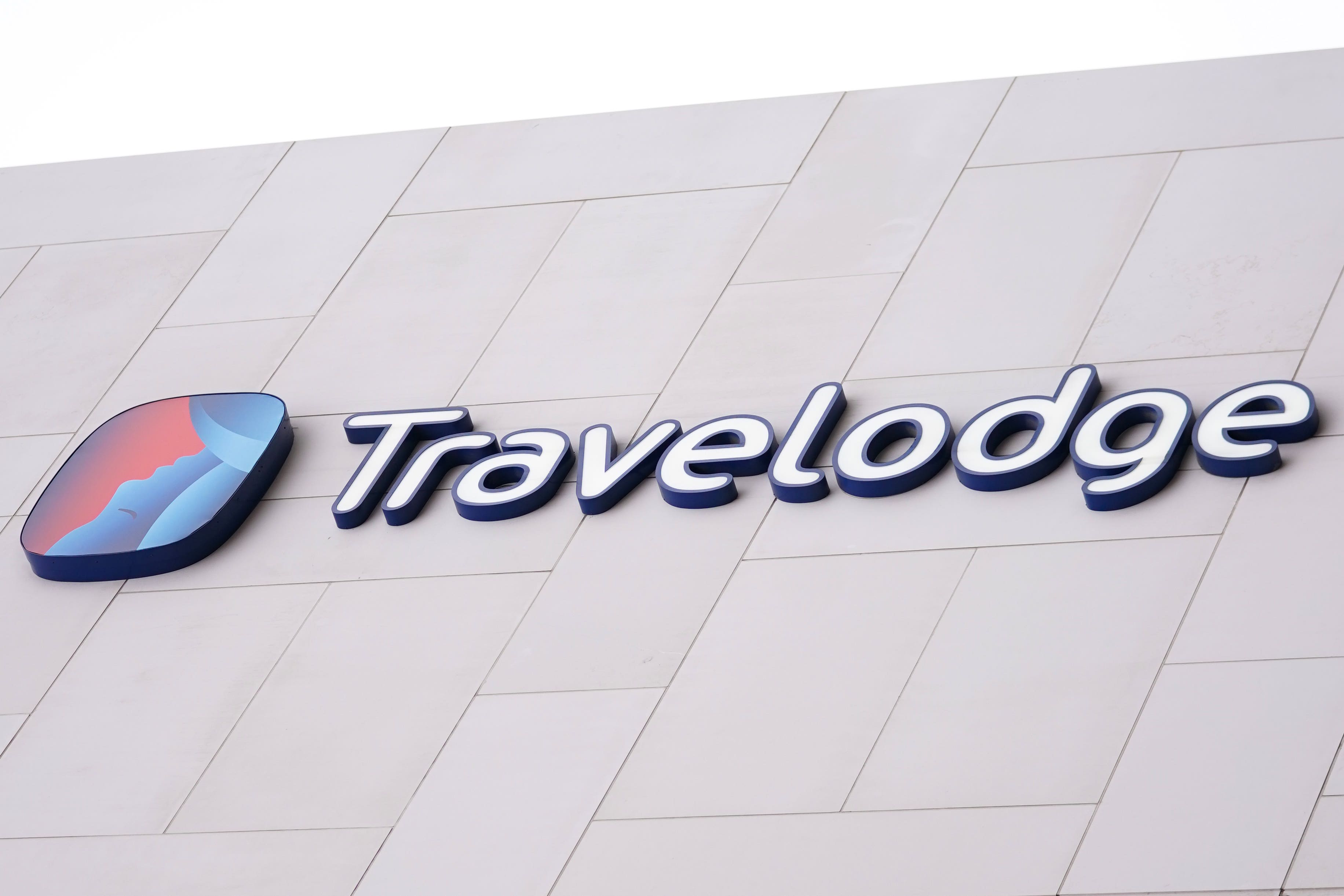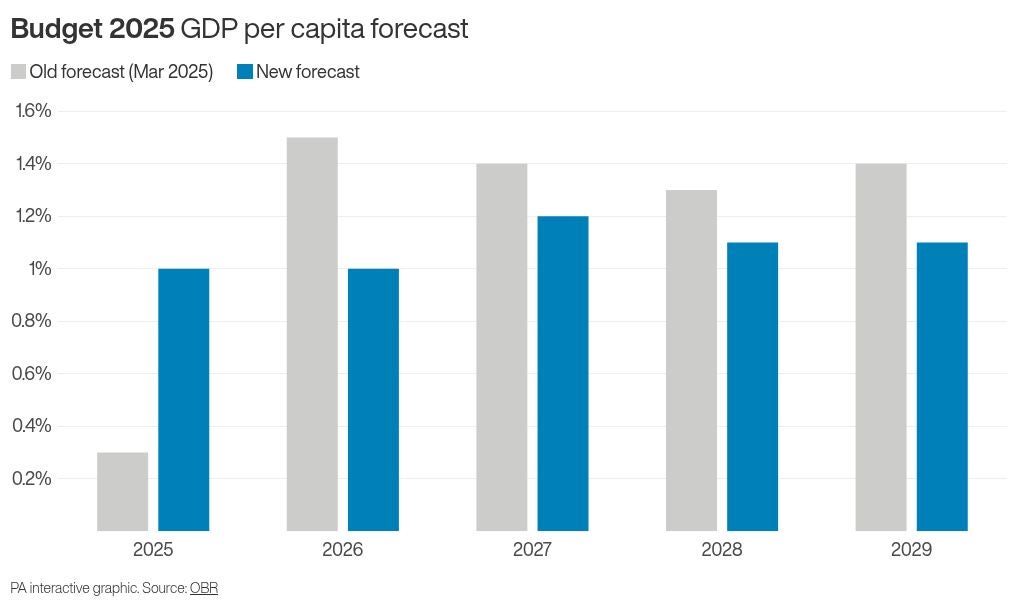
Budget hotel chain Travelodge has issued a stark warning regarding a looming "barrage of rising costs" that it anticipates will significantly impact its operations and potentially dampen consumer demand.
The company highlighted several impending financial pressures, including substantial increases to its wage bill and new tax measures.
The hotel group estimates that an upcoming above-inflation rise in the minimum wage, announced this week, combined with recent national insurance contribution hikes, will elevate staff costs by approximately £11 million by 2026.
Furthermore, Travelodge cautioned that changes to business rates, notably the Chancellor’s Budget introduction of a new "surtax" on commercial properties valued at £500,000 or more, are set to "significantly increase" its property tax burden.
The new Employment Rights Bill is also expected to add further expenses.
Adding to these concerns, the chain criticised this week's announcement of a "tourist tax," which grants mayors the authority to levy charges on visitors staying in hotels, bed and breakfasts, guest houses, and holiday lets.

Jo Boydell, chief executive of Travelodge, said: “Into 2026, we expect further cost pressures from the 2026 increase in the national living wage, the Employment Rights Bill, the business rates revaluation due in April 2026 and the introduction of new visitor levies, though the impact remains difficult to quantify at this stage.
“We remain focused on strong cost control and technology-driven efficiencies to help mitigate these pressures as far as possible.”
The new tourist tax comes on top of existing visitor levies across England, where a charge is applied to overnight stays in hotels and other similar accommodation, with Scotland and Wales also developing their own visitor levy regimes.
Travelodge said: “The potential impact of the visitor levies is unclear as there is little consistency currently, with no centralised framework in existence, meaning that decision to charge a visitor levy and the associated rate is set locally with a lack of transparency.
“The Government’s plan to empower English mayors to implement a nightly tourism tax on accommodation providers will also further increase costs, although there is not yet clarity on how this will be implemented.”

Ms Boydell added that the consumer demand outlook was also clouded following the Budget.
She said: “Amid ongoing macroeconomic and political uncertainty – including cost pressures from the UK Budget – we remain cautious about consumer demand and cost inflation.”
The comments came as its third quarter update showed a return to profit growth in the third quarter after a more difficult first half.
Overall underlying earnings in the first nine months of the year so far fell to £140.2 million from £171.7 million a year earlier, impacted by about £30 million of cost increases, including the minimum wage rise and national insurance contribution hike in April.
Budget latest: IFS accuses Rachel Reeves of breaking tax manifesto promise
Reeves freeze on tax thresholds hits low earners, says top think tank
Halfords sales and profits tick higher as cycling demand jumps
Join a Budget Q&A with money expert Gabriel Nussbaum
Reeves insists tax on working people kept at ‘absolute minimum’ at Budget
Flutter warns over earnings hit from Budget gambling tax blow







